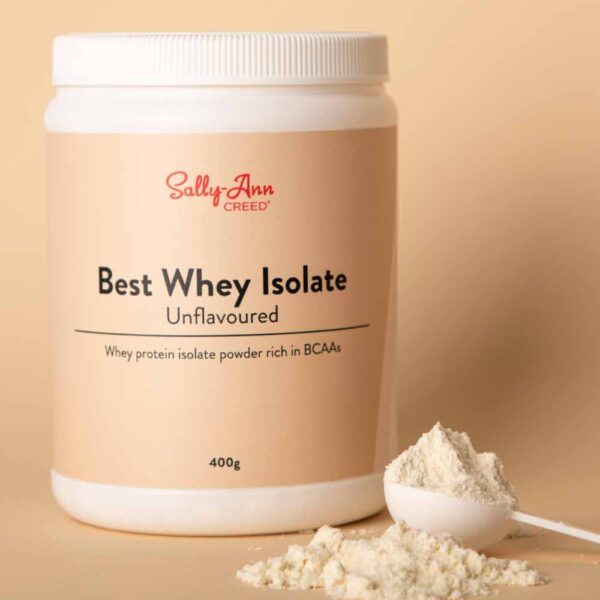The Four Stages of B12 Deficiency
What people don’t know who decide to go to a 100% plant-based diet is that it’s fine for a while – the ADULT liver can store enough B12 to last anywhere from 1-5 years maximum. But after that you could be putting yourself at serious risk of irreversible damage. B12 is known as cobalamin because it contains the trace element cobalt not found in plant foods at all. It is made in the gut of animals and migrates from gut to muscle. A water-soluble vitamin, B12 is crucial to the brain, nervous system, red blood cell formation and DNA. The nervous system is particularly vulnerable to B12 deficiency.
Myelopathy (degeneration of the spinal cord) is the most common neurological syndrome of B12 deficiency and is an early sign of stage 4 deficiency. If detected in time it is fully reversible. Young people can experience this as can older people. It could start with tingling in both hands and spread up the arms. You will only become aware of symptoms when you reach stage 4.
Here then are the four stages:
STAGE 1: You may not feel anything at this point whatsoever.
STAGE 2: As stage one progresses to stage 2, low vitamin B12 can be detected at a cellular level. Like stage 1, there are no discernible symptoms. Nobody absorbs all the vitamin B12 they consume; meat eaters only digest and absorb about 50% of the B12 from meat and fish. Although vegetarians generally eat dairy foods and eggs, the quantity of B12 is quite low in these foods and the absorption rate is not that great. This would explain why they are frequently deficient in this vitamin but not to the same extent as vegans.
Stage 2 requires that you take the right supplements. There are 2 forms of B12 – natural and synthetic. The type most commonly used in supplements is CYANOcobalamin. A synthetic form not found in nature. It is cheap so popular with manufacturers. The body has to convert it into METHYLcobalamin. This is the natural form. If you are taking a B12 supplement try to get methylcobalamin. Even oral B12 supplements are poorly absorbed. That’s why B12 supplements tend to be high-dose. For example, a typical oral dose of 1000mcg delivers around 5–40mcg of B12 so take it under your tongue daily.
STAGE 3: At this stage there is a detectable change in the blood. Levels of homocysteine begin to rise above normal. This is creating a condition sometimes called ‘hyperhomocysteinuria’. It’s a see-saw situation. As B12 levels rise Homocysteine (Hcy) levels fall and vice versa. Don’t rely on ‘fortified’ foods either! Manufacturers of processed food add vitamin B12 so that they can make a big deal of this on the packaging which can be very misleading. Unfortunately fortification is usually made with extremely small amounts of the synthetic form of B12.
STAGE 4:
Now this is recognised as the clinical deficiency stage as more symptoms begin to manifest. Some of these are more serious than others, and some are more obvious than others.
Early, mild symptoms of stage 4 vitamin B12 deficiency include:
- Fatigue
- Depression
- Anxiety
- Loss of appetite
- Paleness
- Hair loss
- Numbness or tingling in the hands and feet
- Poor memory
Poor memory and cognitive function are the most commonly reported symptoms of B12 deficiency. Both blood and the central nervous system are likely to be affected now. Megaloblastic anaemia is not uncommon. A condition in which abnormal red blood cells are produced by bone marrow.
A major concern is a form of myelopathy affecting the spinal cord called ‘subacute combined degeneration’ (SCD). Myelin sheaths and axons are destroyed in the white matter of the spinal cord. The myelin is the protective layer wrapped around the nerve. If caught early this is treatable. Another indication of stage 4 deficiency is depression.
What You Can Do
If you are at all concerned about your B12 status, there are two tests that are quite useful – blood (serum) vitamin B12 and homocysteine levels. The blood vitamin B12 test might show low levels indicating possible stage 1-3. If you have high homocysteine you are already at stage 4. We can assist you with these tests by filling out this form.
SUPPLEMENT SUGGESTIONS INCLUDE:
1. Sally-Ann Creed Vitamin B12 here
2. B Complex here
If you are at all concerned about either Hcy or B12, we strongly recommend taking both.







